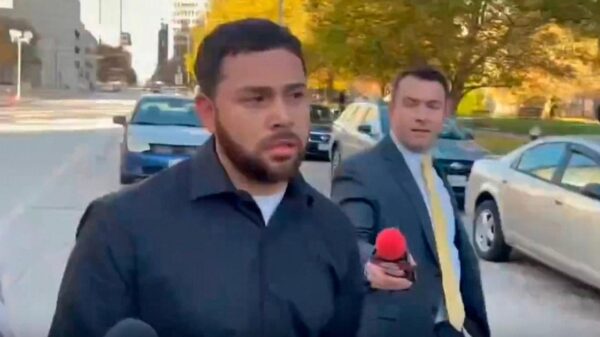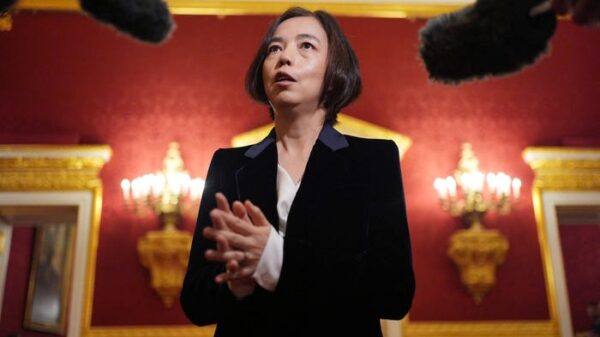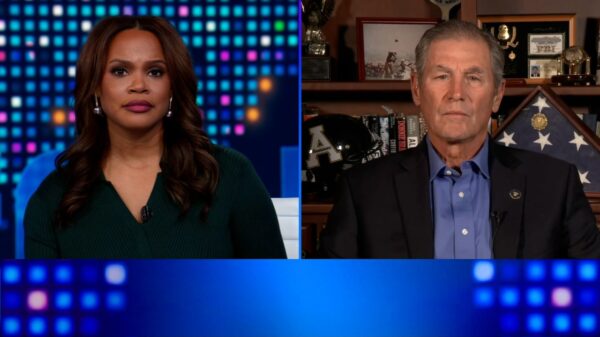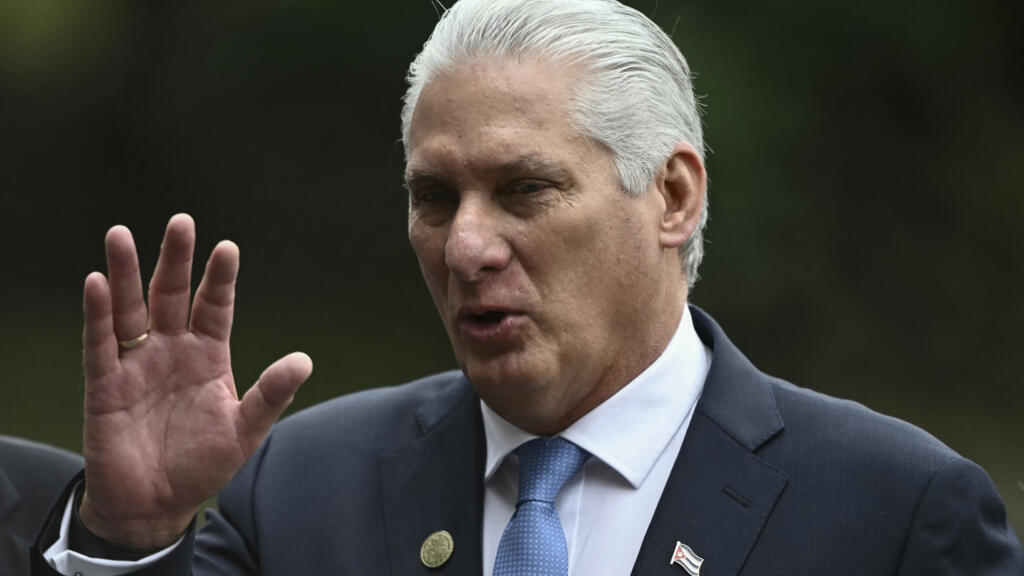The United States has imposed sanctions on Cuban President Miguel Diaz-Canel and several high-ranking officials due to their involvement in human rights violations against the Cuban populace. Announced on July 7, 2023, the sanctions are part of a broader strategy by the Biden administration to increase pressure on the Cuban government, particularly following significant anti-government protests in July 2021.
In a post on X, Secretary of State Marco Rubio outlined the measures, which include restrictions on visas for Diaz-Canel and other senior officials. This action coincides with the fourth anniversary of the protests that erupted across Cuba, where thousands demanded basic goods and better living conditions. The demonstrations led to widespread arrests, with reports indicating that one individual lost their life and many others were injured in what marked the largest protests since Fidel Castro‘s communist revolution in 1959.
Sanctioned Officials and Human Rights Concerns
The sanctions target key regime figures, including Alvaro Lopez Miera, the Defense Minister, and Lazaro Alberto Alvarez Casas, the Interior Minister. The U.S. State Department further stated that they would also sanction judicial and prison officials associated with the “unjust detention and torture of July 2021 protesters.”
Rubio emphasized the stark contrast between the struggles of the Cuban people and the regime’s priorities, stating, “While the Cuban people suffer shortages of food, water, medicine, and electricity, the regime lavishes money on its insiders.” This sentiment reflects the ongoing humanitarian crisis in Cuba, where daily life remains challenging for many citizens.
In response to the sanctions, Cuban Foreign Minister Bruno Rodriguez criticized the U.S. measures on X, asserting that the United States cannot “bend the will of its people or its leaders.” Additionally, Johana Tablada, the deputy director of the U.S. department in the Cuban Foreign Ministry, condemned Rubio, labeling him a “defender of genocide, prisons, and mass deportations.”
Political Prisoners and Diplomatic Tensions
The issue of political prisoners in Cuba remains contentious. Reports indicate that approximately 700 individuals are still incarcerated for their involvement in the July 2021 protests, while human rights organizations estimate the figure to be between 360 and 420. Some prisoners have been released in recent months after serving their sentences, including Jose Daniel Ferrer, leader of the dissident group Patriotic Union of Cuba (UNPACU), who was released as part of a Vatican-mediated agreement in January 2023. However, Ferrer’s parole was revoked in late April, drawing criticism from Washington.
The U.S. has long maintained a trade blockade against Cuba, which has been in place for over six decades. Rubio has called for immediate proof of life for Ferrer and the release of all political prisoners, highlighting ongoing tensions between the two nations.
In a related move, the U.S. State Department added the “Torre K,” a new 42-story hotel in Havana, to its restricted list of entities, aiming to prevent U.S. funds from supporting the Cuban regime’s oppressive practices. The hotel, recently inaugurated in a prime location, has faced backlash for the government’s significant investment in tourism infrastructure at a time when many Cubans face economic hardships.
The ongoing sanctions and diplomatic disputes underline the complex relationship between the United States and Cuba, as well as the broader implications for human rights and governance within the island nation.





































































